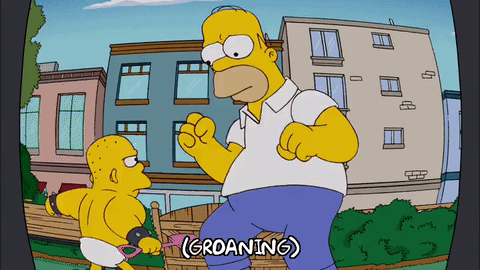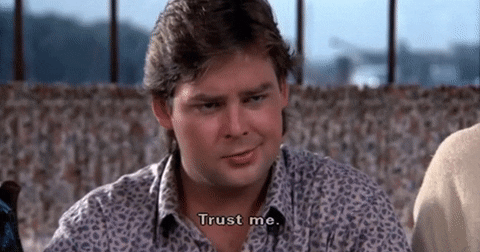CannTrust Holdings (TRST.T) woes continued today when their stock price plummeted 22% after Health Canada discovered that it grew cannabis in unlicensed rooms earlier this year.
Now dispensaries and other customers waiting on CannTrust weed are going to have to wait for another few weeks, because Health Canada slapped a non-compliant rating on its Pelham, Ontario greenhouse. The rating came with an inventory hold that will lead to temporary product shortages while Health Canada performs quality checks.
But that’s what happens when a company skirts regulatory compliance.
The timeframe in question for the non-complaint weed is October and March, and then the company licensed the five rooms in April. After which, company employees provided “inaccurate information to the regulator,” according to the Bloomberg press release.
They played the odds that the regulator wouldn’t come around and check out their facility for compliance, and decided to see if they could raise their yield a bit more by playing hard and fast with the rules and got caught.
Now they can suffer.
The hold includes 5,200 kilograms of dried cannabis harvested from the unlicensed rooms until it believe CannTrust is truly sorry and thus compliant with regulations, and another 7,500 kilograms produced in the same rooms.
“We have made many changes to make this right with Health Canada. We made errors in judgment, but the lessons we have learned here will serve us well moving forward,” said Peter Aceto, CEO.
That’s corporate speak for, “we’re really sorry (we got caught) and we’ll never do it again.”
So what’s the real punishment?
Analysts at Bank of America Merill Lynch downgraded CannTrust’s stock to underperform from buy, and cut their price target to $3.50 from $7.
Their woes started long before any of this started: CannTrust was down 20% to CAD$5.19 at 11:10 a.m. in Toronto. That’s not the worst of it. The company’s shares have been in free-fall, down 60%, since late March, making it the worst performing pot stock on the TSX, according to Bloomberg.
The company did not reveal the extent of the financial damage, but RBC Capital Markets analyst Douglas Miehm said he believe volumes from the held inventory represent the majority of CannTrust’s products.
The real loser in this debacle is the Canadian cannabis industry and it’s ongoing battle against the black market.
“Household spending on cannabis totaled $5.9 billion (in nominal terms) in the fourth quarter, with illegal cannabis accounting for $4.7 billion and legal cannabis $1.2 billion. Cannabis accounted for 0.5% of total household spending, and non-medical cannabis accounted for 11.2% of spending on alcohol, tobacco and cannabis in the fourth quarter,” according to a Statistics Canada report released March 1.
And 80% of consumers still purchase it illegally.
Why not?
It’s cheaper, better quality weed, and never in short supply.
Canadian LP’s need to up their game if they’re going to compete with the unregulated black market.
—Joseph Morton








